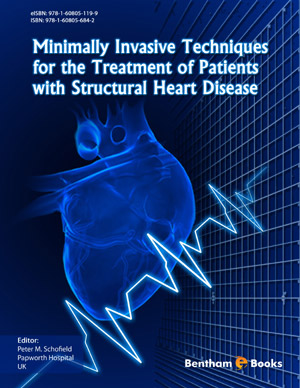Abstract
Mitral Regurgitation presents a significant health burden to patients and the resources of the NHS. It is the most common form of cardiac valve disease affecting more than 150 million people worldwide [1]. Typically treatment has been symptom management until such time that there is evidence of adverse ventricular remodeling or a failing left ventricle. At this time surgery can be offered in the form of mitral valve repair or replacement.
The aetiology of mitral regurgitation may to some degree define it’s treatment. Currently there are a proportion of patients who would be refused conventional mitral valve surgery but would benefit from a less invasive therapy.
Newer technology is facilitating a percutaneous approach to the treatment of mitral regurgitation. These less invasive procedures replicate the tradition surgical approaches. The benefits of minimally invasive therapeutics include the avoidance of a sternotomy, cardio-pulmonary bypass and in some cases, life-long anticoagulation. Patients also require a shorter hospital stay.
These procedures have the advantage of being an option for ‘high-risk’ patient groups who would have previously been declined surgery.
Clinical expertise is growing in this field and thus far safety and efficacy data look promising.
The results of the first randomized head to head trial comparing surgery with percutaeous devices are due in 2010. The outcome of this trial will have exciting implications for the field of mitral valve therapies.






















